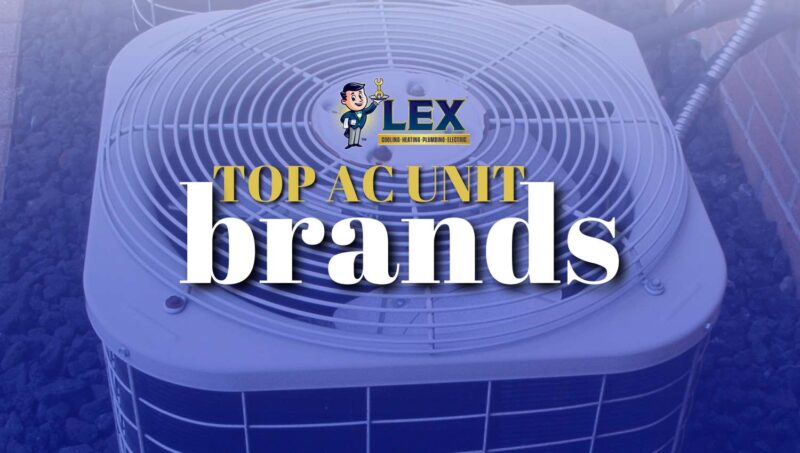When the weather turns chilly in Highland Village, Texas, you’ll rely more heavily on your home’s heating system to keep you and your family comfortable. The last thing you want to worry about is a major problem with the furnace that requires an expensive heater repair and leaves you without heat when you need it most. Keep an eye out for these concerning warning signs from your furnace. Take action and call a professional if you notice any of them.
Bad Odors
Catching a whiff of something unpleasant in your home is never a fun experience, but it can go from bad to worse if the smell is coming from your furnace. Many furnaces are powered by natural gas, which has a chemical added to it to give off the smell of rotten eggs. On its own, natural gas is odorless, but the smell is added so you know if the gas is leaking in your home.
A natural gas leak can be extremely dangerous, so if you smell this familiar odor, shut off the heating system and call a technician right away. Don’t light any matches or turn on lights until the issue has been resolved. A spark could cause the entire place to catch on fire.
Weak Airflow
When you’re sitting in front of or beneath an air vent in your home, you should be able to feel the air flowing somewhat forcefully when the system is running. Weak airflow is another warning sign of an impending problem with your furnace. This issue can be caused by a number of issues, including a broken or damaged belt, a fan that’s not moving as quickly as it should be, or a leaky duct. If the air isn’t flowing, contact a technician to open up the heating unit and figure out what’s causing the blockage.
Moisture Around the Unit
Your furnace can potentially leak natural gas and water. We’ve covered what to do if gas is leaking, but what do you do if you spot a puddle of water on the floor around the unit? Water isn’t nearly as dangerous as natural gas, but it can still cause problems if left unresolved. Moisture can lead to biological growth. This can make your family sick.
A large leak can also damage your home’s flooring and drywall. This is expensive to repair. A leaking heating system is often the result of a clog in the condensate line, which an HVAC technician can resolve.
Rising Utility Bills
Some fluctuation in your monthly heating bills is normal, especially when the weather gets colder during the winter months. However, a sudden and drastic spike should set off the warning alarm in your head to investigate a potential problem. A major change in the efficiency of your heating system could be caused by a leak or clog in your ductwork, a damaged component, or a system that is reaching the end of its lifespan.
Furnaces lose their efficiency as they get older, especially if they aren’t maintained properly. If yours is more than 10-15 years old and starting to show signs of inefficiency, you may end up needing a replacement heating unit in the near future.
Strange Sounds
If your furnace is making odd noises, keep an ear out. A heating unit will make some noise when it cycles on and off, but banging, grinding, or squealing sounds can indicate a problem. Another concerning noise is excessive cycling. This means that your heating unit isn’t running very efficiently. When you hear any of these sounds, contact an HVAC technician to check they aren’t being caused by something serious.
Poor Indoor Air Quality
When the indoor air quality in your home drops, your furnace could be to blame. Changing your filter might resolve the issue, although a duct cleaning service could get rid of dust and debris buildup.
If you spot any of these concerning signs in your home, schedule a heating service with our technicians at Lex Air Conditioning and Heating by calling (972) 217-8955.












